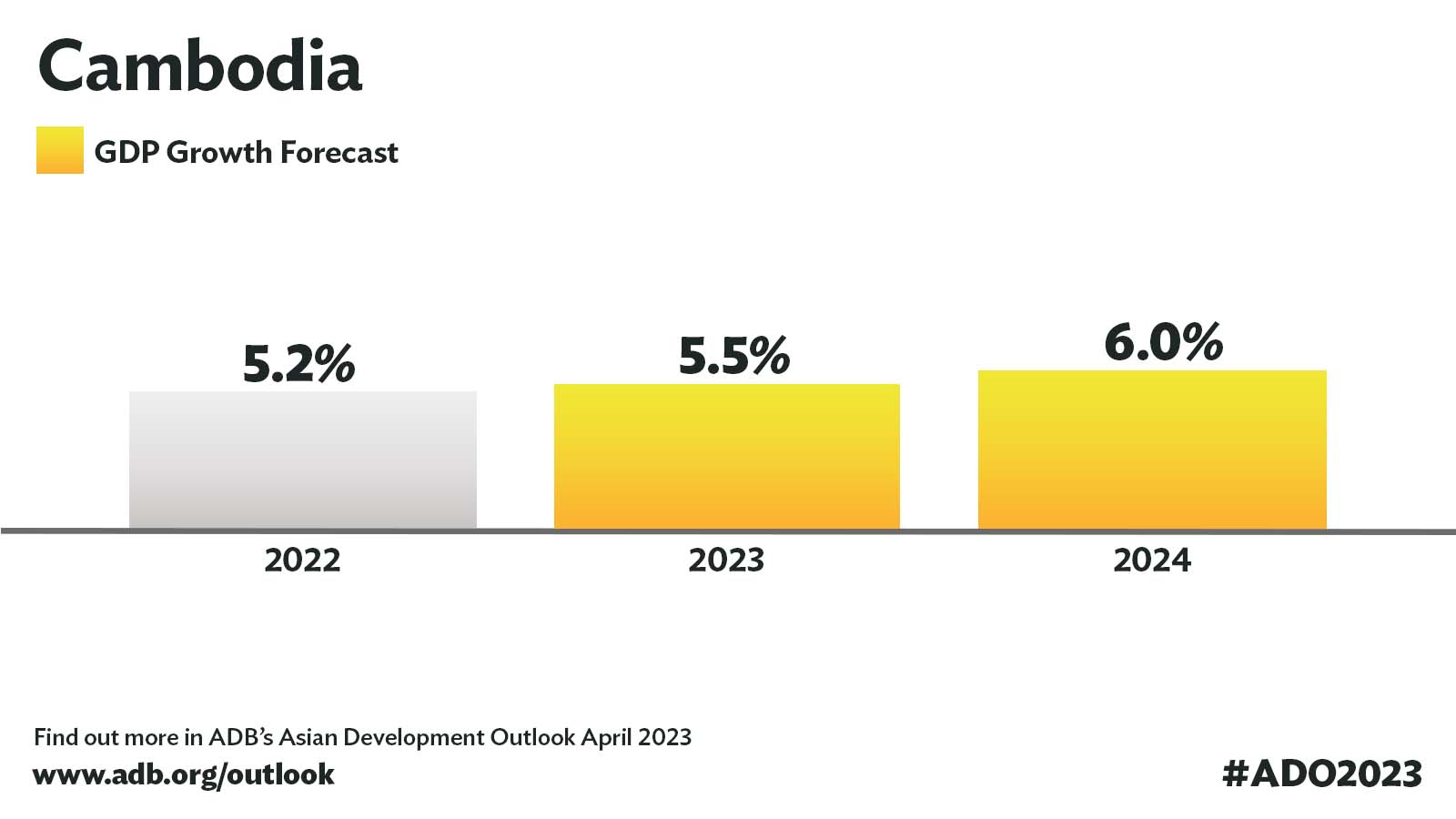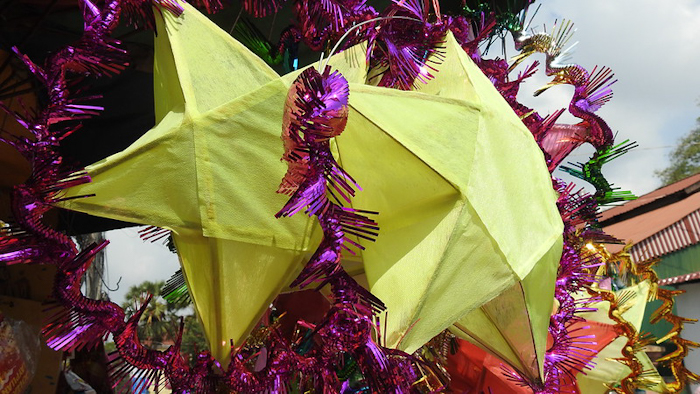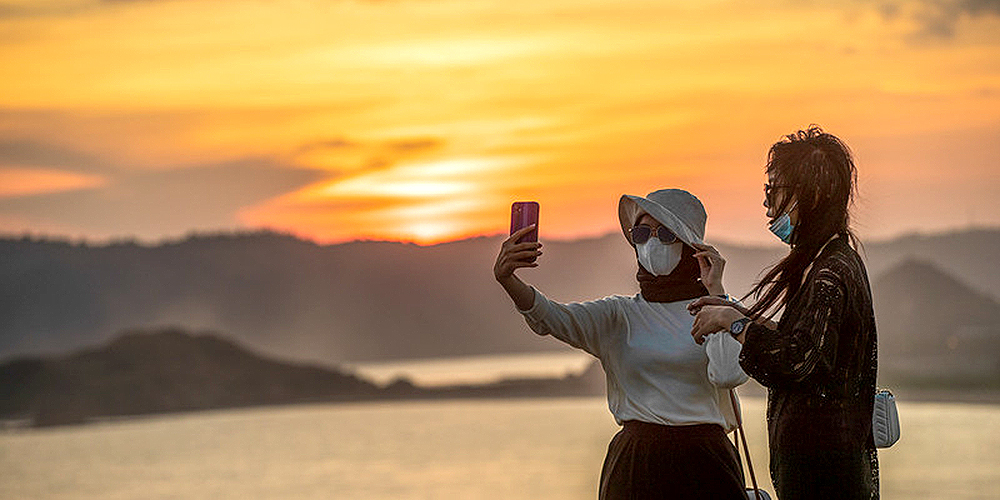Cambodia and the Lao People’s Democratic Republic have reported a steady drop in average COVID-19 cases per day in April 2022, according to a report on “Vaccination Rates, Effectiveness, and Safety” by the Asian Development Bank (ADB). In Cambodia, the average COVID-19 cases per day dropped from 164 to 18.4, and deaths decreased from 1 to 0.06, marking a fall in case fatality rate from 0.43% to 0.35%. In Lao PDR, daily infection rates declined steadily, averaging at 986 for April 2022 from 1102 in March 2022, while average deaths per day plateaued between 1 to 3.








